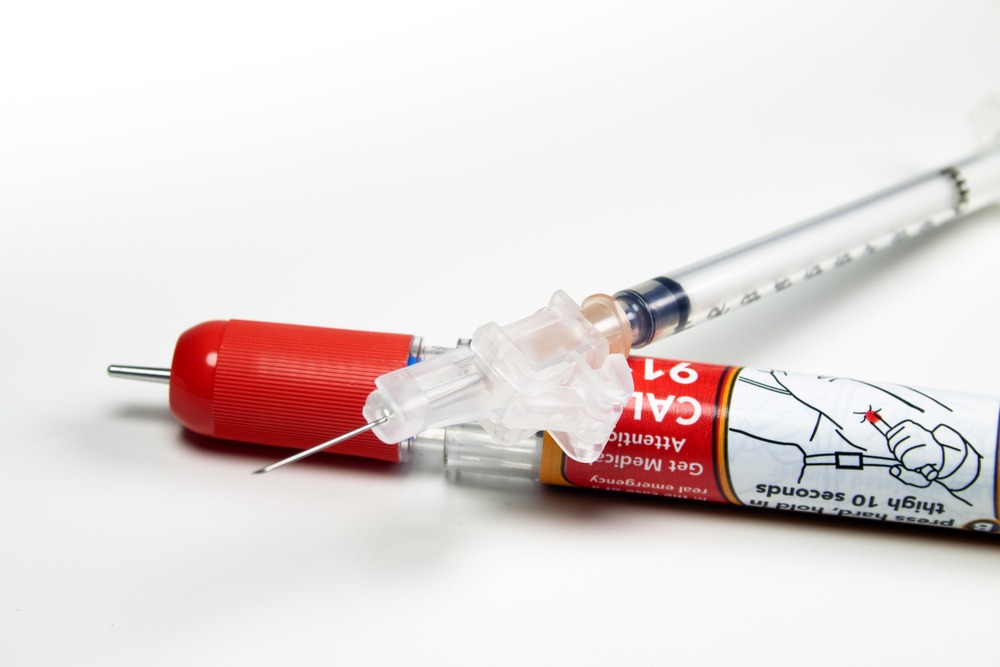Food Allergies: What to do about Food Allergies
What is a food allergy?
A food allergy is an immune system response to a specific food protein that the body mistakenly identifies as harmful. When a person with a food allergy consumes the particular food, their immune system produces antibodies called immunoglobulin E (IgE) to fight off the perceived threat. This immune response triggers the release of chemicals such as histamine, which can lead to allergic symptoms.
Food allergies can range from mild to severe, and symptoms can vary widely among individuals. Common symptoms of a food allergy include:
- Skin Reactions: Itching, hives (urticaria), eczema, or swelling (angioedema) of the lips, face, tongue, or throat.
- Gastrointestinal Symptoms: Nausea, vomiting, diarrhea, or abdominal pain.
- Respiratory Symptoms: Runny or stuffy nose, sneezing, coughing, wheezing, or shortness of breath.
- Cardiovascular Symptoms: Rapid or weak pulse, lightheadedness, or a drop in blood pressure.
In severe cases, a food allergy can lead to a life-threatening allergic reaction known as anaphylaxis. Anaphylaxis is a medical emergency and requires immediate treatment with epinephrine (adrenaline) and emergency medical care.
Common food allergens include:
- Peanuts
- Tree nuts (such as almonds, walnuts, cashews, and pistachios)
- Shellfish (such as shrimp, lobster, and crab)
- Fish
- Milk
- Eggs
- Wheat
- Soy
- Sesame
It’s important for individuals with food allergies to carefully read food labels, ask about ingredients in restaurants, and be prepared to treat an allergic reaction with medication prescribed by their healthcare provider. If you suspect you have a food allergy, it’s important to see a healthcare professional for proper diagnosis and management.
What is the treatment for food allergy?
The treatment for food allergy involves strict avoidance of the allergenic food and being prepared to manage allergic reactions if accidental exposure occurs. Here are key aspects of managing food allergies:
- Avoidance: The most effective way to manage a food allergy is to avoid the allergenic food entirely. This includes reading ingredient labels carefully, asking about food preparation methods in restaurants, and being aware of hidden sources of the allergen.
- Emergency Medication: Individuals with food allergies, especially those at risk for severe reactions, should carry an epinephrine auto-injector (such as EpiPen®) at all times. Epinephrine is the first-line treatment for anaphylaxis, a severe allergic reaction.
- Medical Alert Bracelet: Wearing a medical alert bracelet or necklace that identifies the specific food allergen can be helpful in case of an emergency.
- Allergy Action Plan: Work with a healthcare provider to develop an allergy action plan that outlines steps to take in case of an allergic reaction, including when to use epinephrine and when to seek emergency medical care.
- Education and Awareness: Educate yourself, your family members, and those who are in regular contact with you about food allergies, including recognizing symptoms of an allergic reaction and how to respond.
- Follow-Up Care: Regular follow-up visits with an allergist or healthcare provider are important to monitor your condition, review your allergy action plan, and discuss any changes in management.
In addition to these measures, researchers are investigating potential treatments for food allergies, such as oral immunotherapy (gradual exposure to the allergen under medical supervision) and other desensitization approaches. However, these treatments are still in the experimental stage and should only be considered under the guidance of a healthcare professional.




